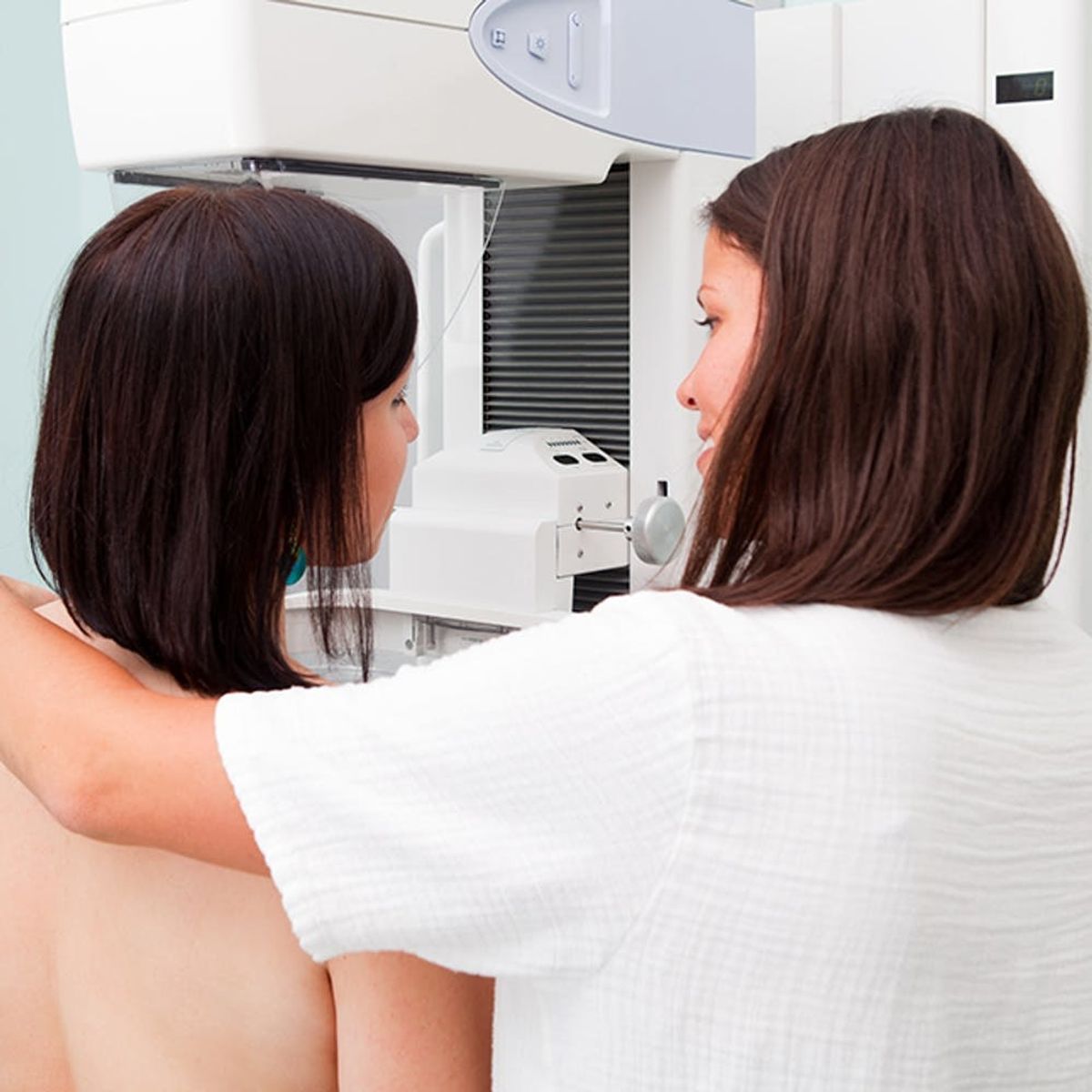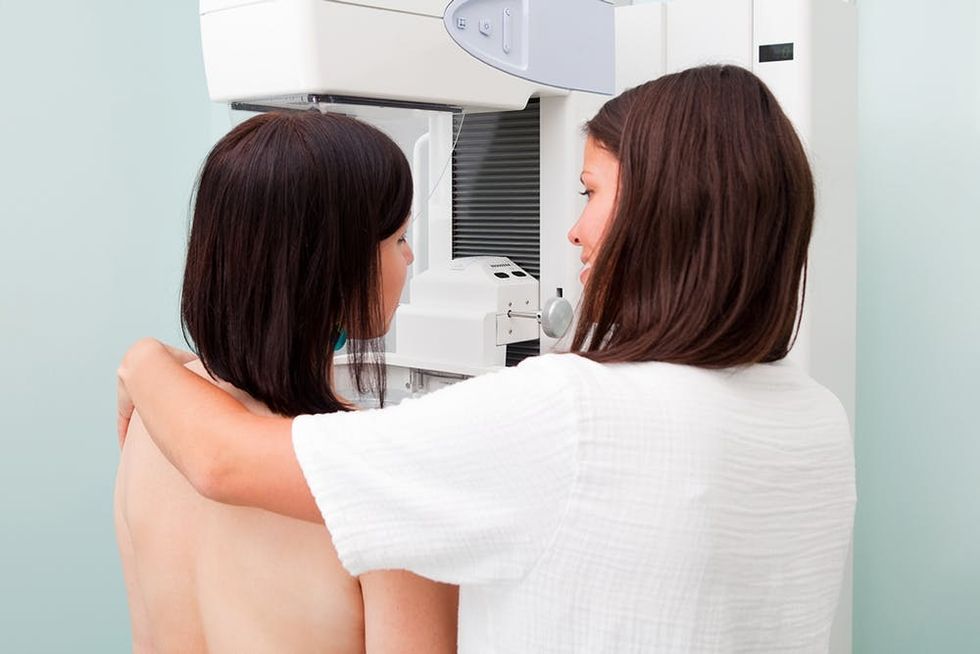Be aware.
Why Mammogram Regulations Might Be Changing in the Near Future

Thanks to the efforts of doctors and researchers, breast cancer treatment continues to stress more awareness and earlier detection. And recently, the FDA has proposed new regulations under the Mammography Quality Standards Act (MQSA), with the main change requiring that providers give patients further information on the results of their test — specifically if their mammogram indicates breast tissue density. We consulted breast health experts in order to break down what this means for you, the patient.

“Under the proposed rule, facilities would also have to provide you with information about whether your breast density is low or high. This is important, because dense breast tissue can make cancers more difficult to find on a mammogram, and is also now known to be an independent risk factor for developing breast cancer,” the FDA says. In 37 states and Washington DC, doctors are already required to use standard language in notifying patients of their breast tissue density, but this proposal would make the notification of breast density a federal rule, explains Dr. Karla Sepulveda, MD, associate professor of radiology and member of the Dan L. Duncan Comprehensive Cancer Center at Baylor College of Medicine.
Dense breast tissue simply means that there is less fatty tissue and more fibrous or non-fatty tissue, but recent research indicates that many women are not aware that having this kind of breast tissue ups their cancer risk significantly. A 2018 survey by The Harris Poll found that 68 percent of women were not sure of their breast density score and how it can affect their health. Medical professionals aren’t sure what the causes of breast tissue density are, but doctors don’t believe that it’s hereditary. “There is no perfect equation for determining one’s likeliness for having dense breast tissue, which is why it’s so important to get a baseline mammogram to determine your level of breast density,” says Dr. DaCarla Albright, associate professor of clinical obstetrics and gynecology at Penn Medicine
It’s estimated that as many as 50 percent of women have dense breast tissue, so it’s certainly not uncommon, Dr. Sepulveda explains. Breast density requires the mammogram process to be more thorough, both during and after. The only way to truly know if you have dense breasts is to have a mammogram and speak to your doctor afterward, she says.
Because women with denser breasts are four to five times more likely to develop breast cancer, doctors will often recommend more advanced screening than a typical 2D mammogram test, such as the FDA-approved Genius 3D mammography exam. This more comprehensive 3D test is available to women in all 50 states, and according to Dr. Albright, studies have shown it to detect “20 to 65 percent more invasive breast cancers compared to traditional 2D mammography alone.” Typically, Dr. Albright recommends that women begin regular mammogram screenings at age 40, but if you have a strong family history, consult your healthcare provider about potentially beginning screenings earlier.
Another facet of the FDA’s proposal is that the FDA reserves the right to notify patients if a facility providing mammogram screenings is not up to the standards in the Mammogram Quality Standards Act. All of these proposed changes to the regulations are focused on empowering patients to take their health into their own hands and be proactive about their risk factors.
RELATED: Why Women of All Ages Should Do a Monthly Breast Self-Exam
(Photo via Getty)



















